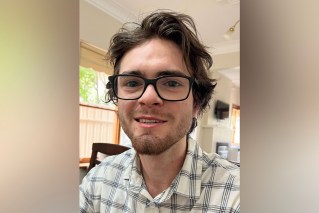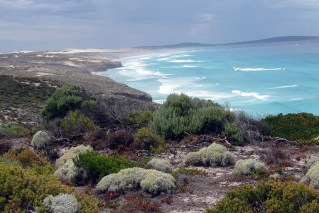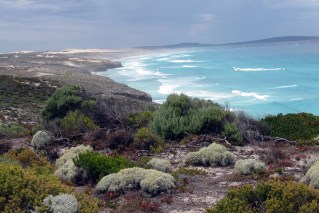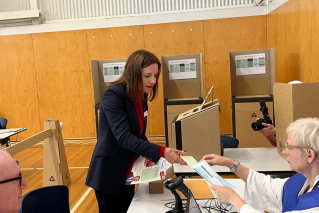DNA first in rape arrest
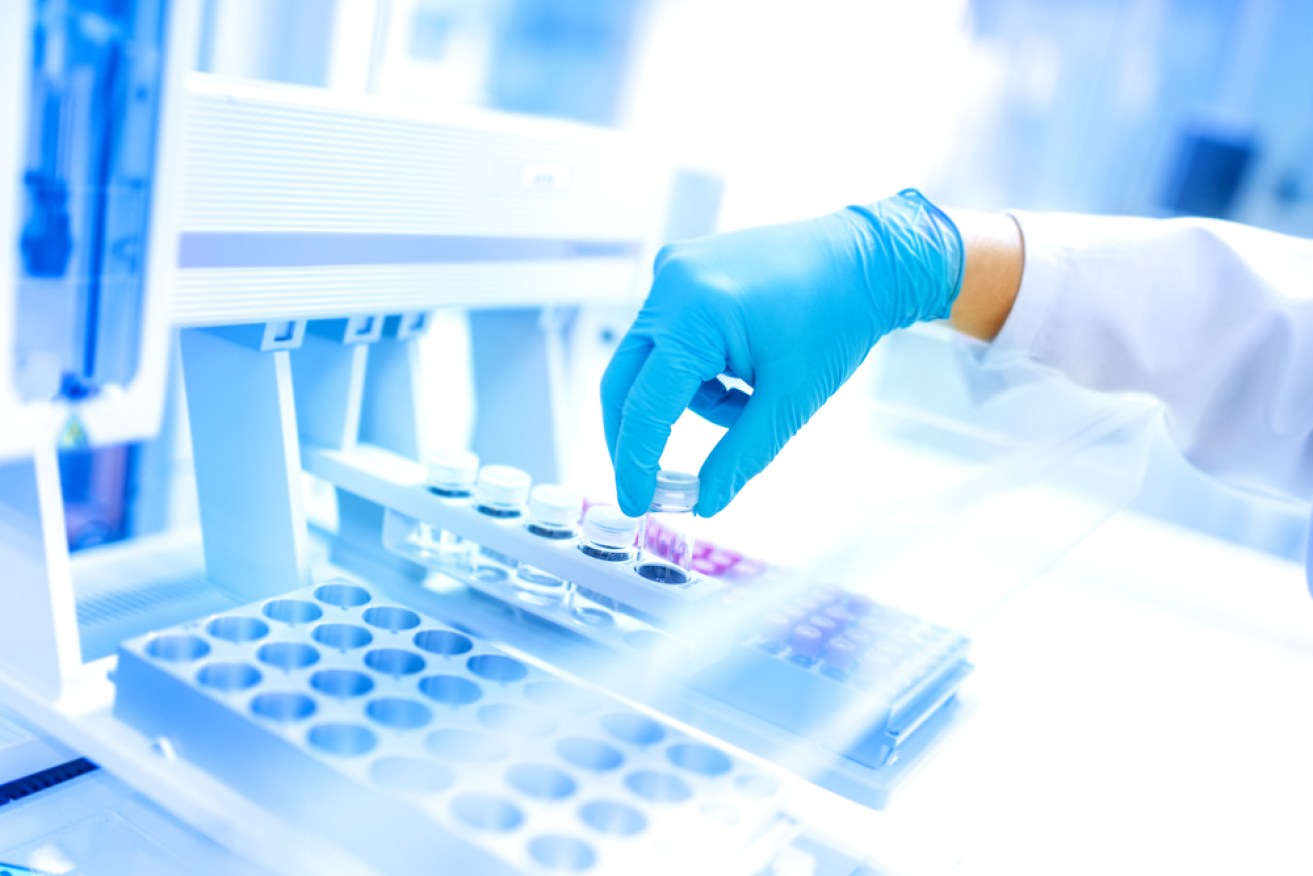
An Adelaide man has become the first person in Australia to be arrested after a relative’s DNA was linked to samples taken from a crime scene.
The 56-year-old is charged over two late-night sex attacks in North Adelaide, which took place in September and November 2012.
• Woman crashes into bottle shop, buys grog
• NSW town nicknamed ‘south pole’ for ice habit
In one attack, a 23-year-old woman who was walking along a street was raped.
In the other, a 21-year-old woman was grabbed from behind and dragged into the grounds of the nearby St Peters Cathedral, before she managed to run away.
DNA from both crimes scenes was run through the national DNA database but no direct match was found, Assistant Commissioner Linda Fellows said.
Detectives then worked with experts from Forensic Sciences of South Australia (FSSA) to see if a “familial” match – one involving a close biological relative – could be made.
After the crime scene DNA was linked to a person on the database, detectives “went down a different path” in their investigations.
Ultimately, they arrested the relative who had not been a suspect.
“I understand it is the first time in Australia that (a familial match) has resulted in criminal charges being made,” Ass Com Fellows told reporters on Friday.
“It has been used to conduct other investigations, but this is the first time that we have been able to charge someone criminally.
“It is a very significant breakthrough.”
The algorithms used on the traditional database weren’t suitable for familial comparisons, said FSSA director Chris Pearman.
But over the last 12 months FSSA, in conjunction with the forensic laboratory in Auckland, has developed more sophisticated algorithms giving much better familial searching capability.
“It represents a lot of work,” he said.
“Unlike the day-to-day matching we do, there is no certainty that the results we get are a closely related individual, so we get a ranking from the software.”
Everyone on the database was given a probability of being related to the crime scene sample.
“We take the top 100 of those individuals and do further DNA screening work to reduce that pool of possible related individuals,” Mr Pearman said.
The reduced list is given to detectives for further investigation.
Police won’t detail the nature of the relationship between the accused and the relative, nor the crime that saw the relative included on the database.
The accused man, whose name was suppressed, was remanded in custody to re-appear in the Adelaide magistrates court on October 6.
– AAP

